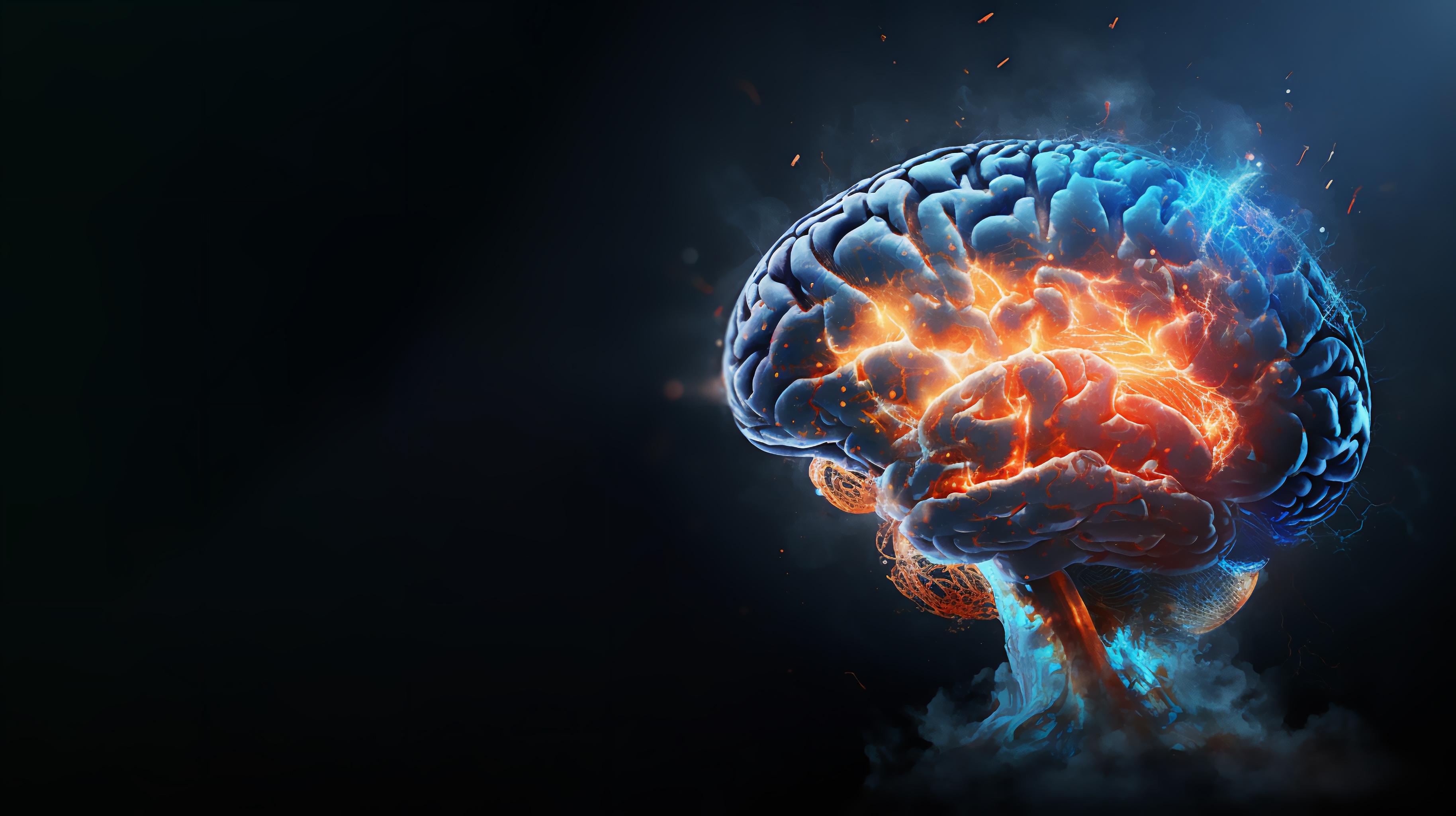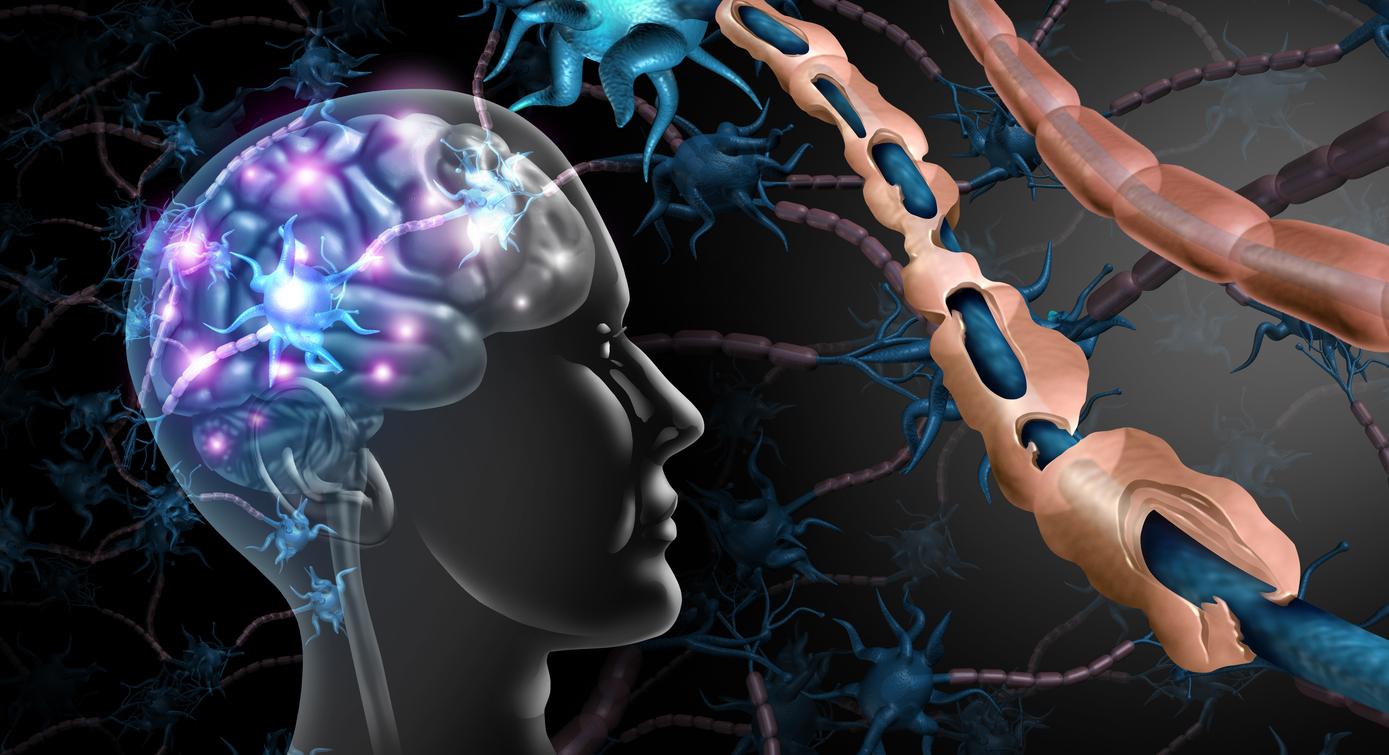A majority of patients with multiple sclerosis complain of attention disorders or anxiety.

- Multiple sclerosis is an autoimmune disease that disrupts the transmission of nerve signals
- It affects more than 110,000 people in France
“A disease that does not impact life expectancy but quality of life“. This is how Professor Jérôme de Sèze, neurologist at the University Hospital of Strasbourg, describes multiple sclerosis. But if MS, this autoimmune disease which affects more than 110,000 people in France, is very often associated with the fear of physical disability, it also has significant repercussions on cognitive faculties.
The importance of cognitive disorders
Multiple sclerosis is an attack linked to a dysfunction of the immune system of the sheath that surrounds nerve fibers, which degrades the transmission of nerve signals. So of course, faced with this process, we immediately think of the motor problems which, with the accumulation of flare-ups that characterize MS, can lead to a situation of disability. This should not make us forget that many patients, in a proportion varying between 40 to 70%, also complain of cognitive disorders.
“These patients often have to deal with difficulties related to attention, working memory, that which allows the rapid processing of information such as remembering a telephone number, or executive functions such as planning or carrying out tasks. double duty“, emphasizes Catherine Thomas-Antérion, neurologist in Lyon and specialist in cognitive and behavioral problems in multiple sclerosis.
Fatigue, a major symptom of MS
And there are several causes for this frequent presence of cognitive disorders in patients with MS, disorders that are all the more penalizing since the disease, which most often begins between the ages of 30 and 40, therefore mainly affects young people and active people. Beyond the causes related to multiple sclerosis itself, that is to say the dysfunctions of neural networks, the origin of these disorders “it is most often fatigue which is one of the major symptoms of the disease“, as Catherine Thomas-Antérion points out. To this can be added a state of anxiety or even depression linked to the chronic nature of the disease. “There are strategies against these difficulties and failures, which is why you should always talk to your referring neurologist.“, she recalls.
What are the solutions available to patients who are affected by these cognitive disorders? Catherine Thomas-Antérion insists on the importance of carrying out tests and a complete assessment with a psychologist. Once the importance of the disorders has been assessed, each of the symptoms can be taken care of.
“Reassuring patients”
The one that is therefore the most frequent, fatigue, may indeed require an adaptation of the professional activity going as far as a reduction in working time. The problems of anxiety and depression must be taken care of within the framework of a medicinal and psychological accompaniment. “This disease, multiple sclerosis, must be the subject of comprehensive care, which is why it is essential to direct cognition among the multiple symptoms of MS in order to be able to better treat, support and above all reassure patients. patients“, concludes Cartherine Thomas-Antérion.



















